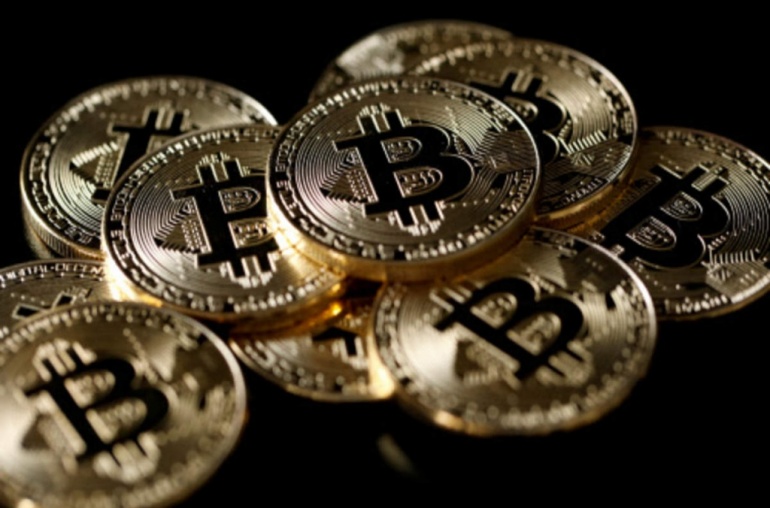
The economic slowdown caused the Thai government to give away money to citizens to spur the economy.
The government launched the “Chim, Shop, Chai” (Eat, Shop, Spend) campaign. Thai citizens that registered in the campaign will receive 1,000 baht each in the government’s electronic money mobile app.
This policy is aimed at boosting domestic spending, but will be an additional expense for the government. This may also result in inflation.
But what happens if the governments around the world give bitcoin to their citizens instead of fiat money?
First of all, bitcoin can be used to buy things around the world. The Thai government gives baht to its citizens but they can only buy stuff in places where the Thai currency is accepted. But with bitcoin, users can buy anything and anywhere in both offline and online markets. Bitcoin can also be converted into other currencies.
Second, unbanked citizens can gain access to banking services. Many can also own bitcoin banks, especially in developed countries.
More and more citizens in many countries around the world use smartphones and high-speed internet. The unbanked with bitcoin can buy things through the wallet.
Third, bitcoin can also be used for investments. Digital money from the government can only be used to buy stuff, but bitcoin can be used for investments through trading companies or ICO projects.
Fourth, the government cannot detect and inspect bitcoin transactions. Many are worried that the government will know their activities. With bitcoin transactions, everything is transparent and decentralized.
Fifth, no inflation takes place. Giving money for free in many countries can cause inflation because the government is printing more money. With bitcoin, there is no problem of oversupply since the total number of coins is limited to 21,000 coins. The fiat money system can cause inflation just like in the U.S., Europe and Japan.
Sixth, fiat money can disappear, but bitcoin’s value can appreciate and depreciate in line with the market. Bitcoin is still unacceptable to markets.


